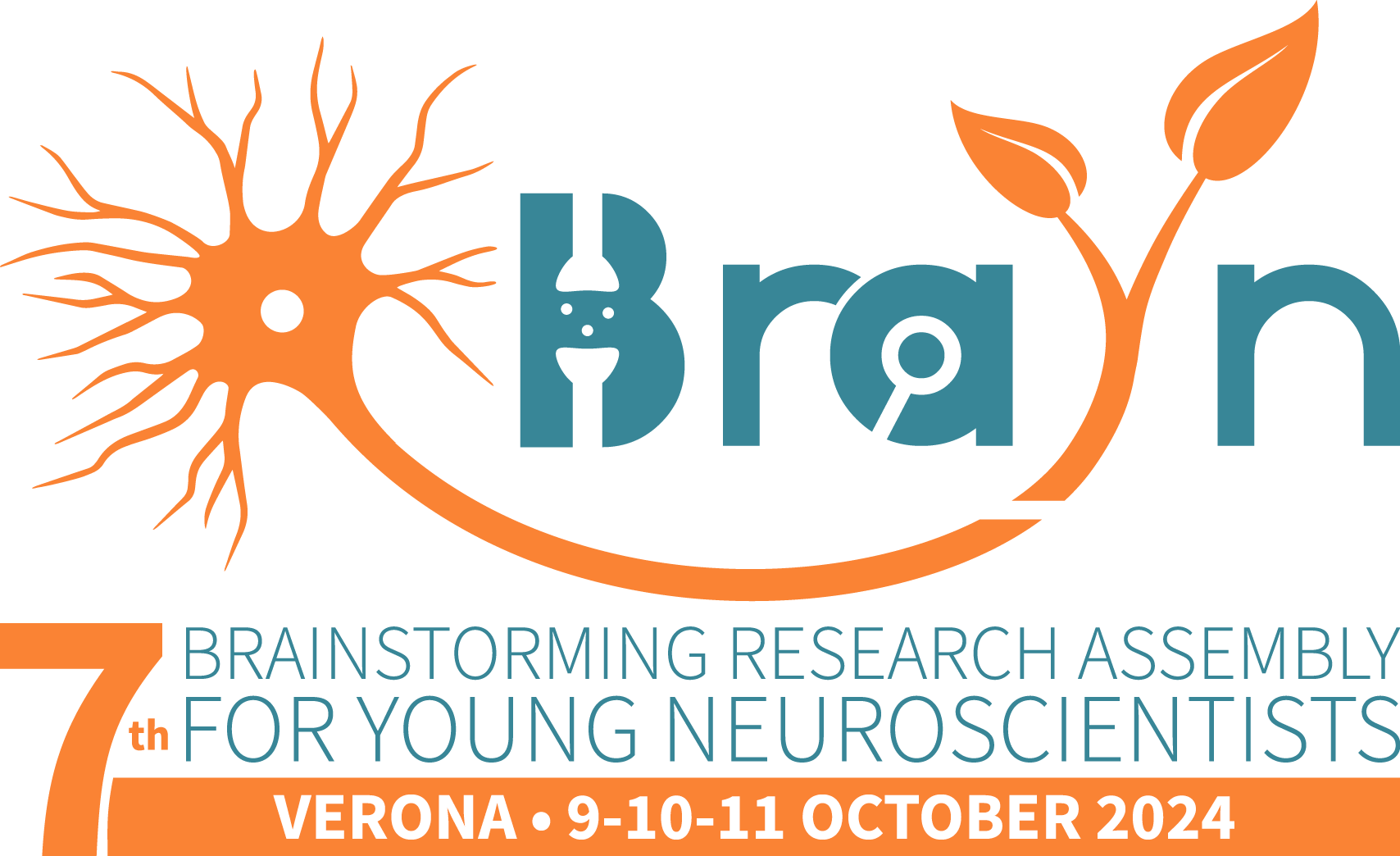STARTING GRANT COMMITTEE
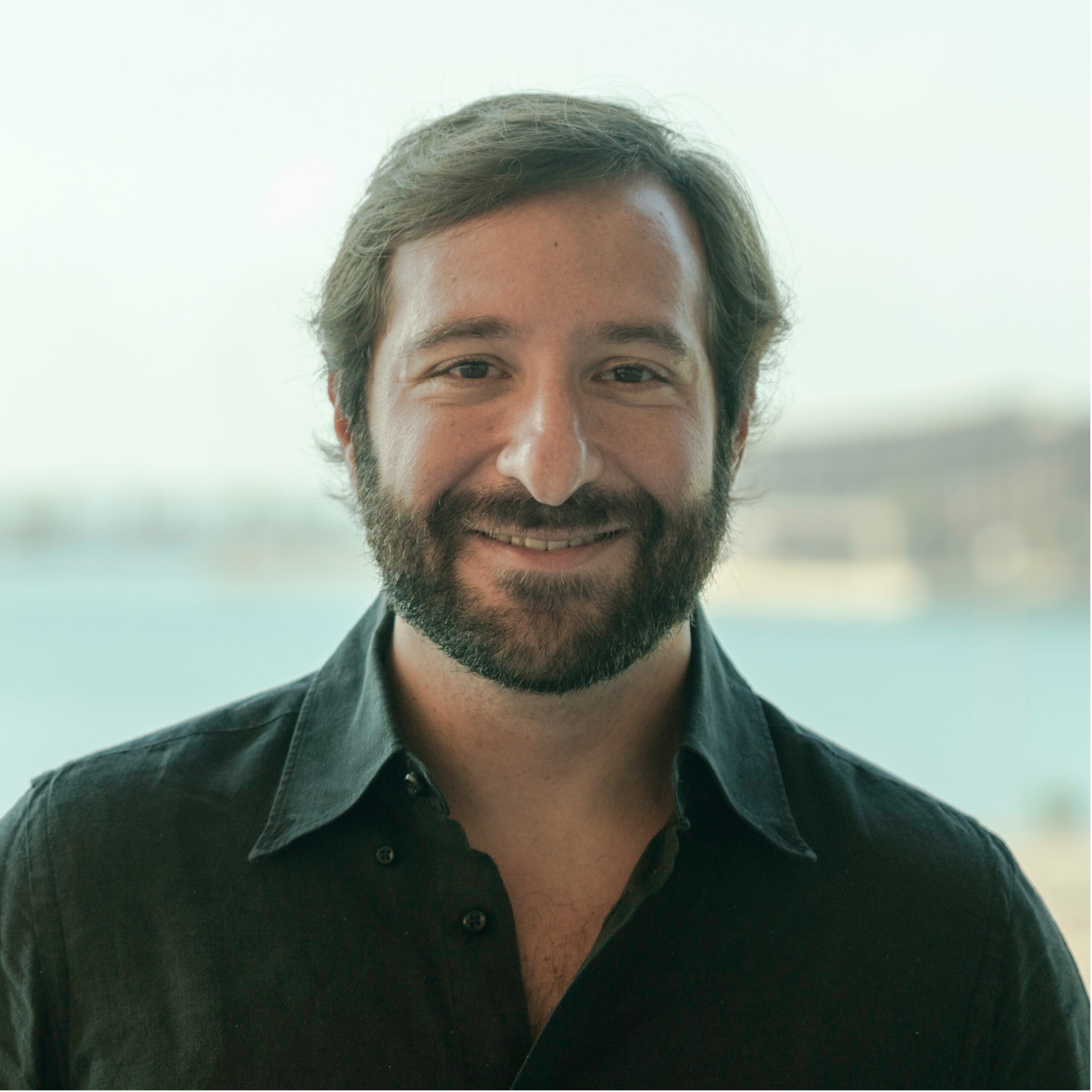
Corrado Calì

Corrado Calì
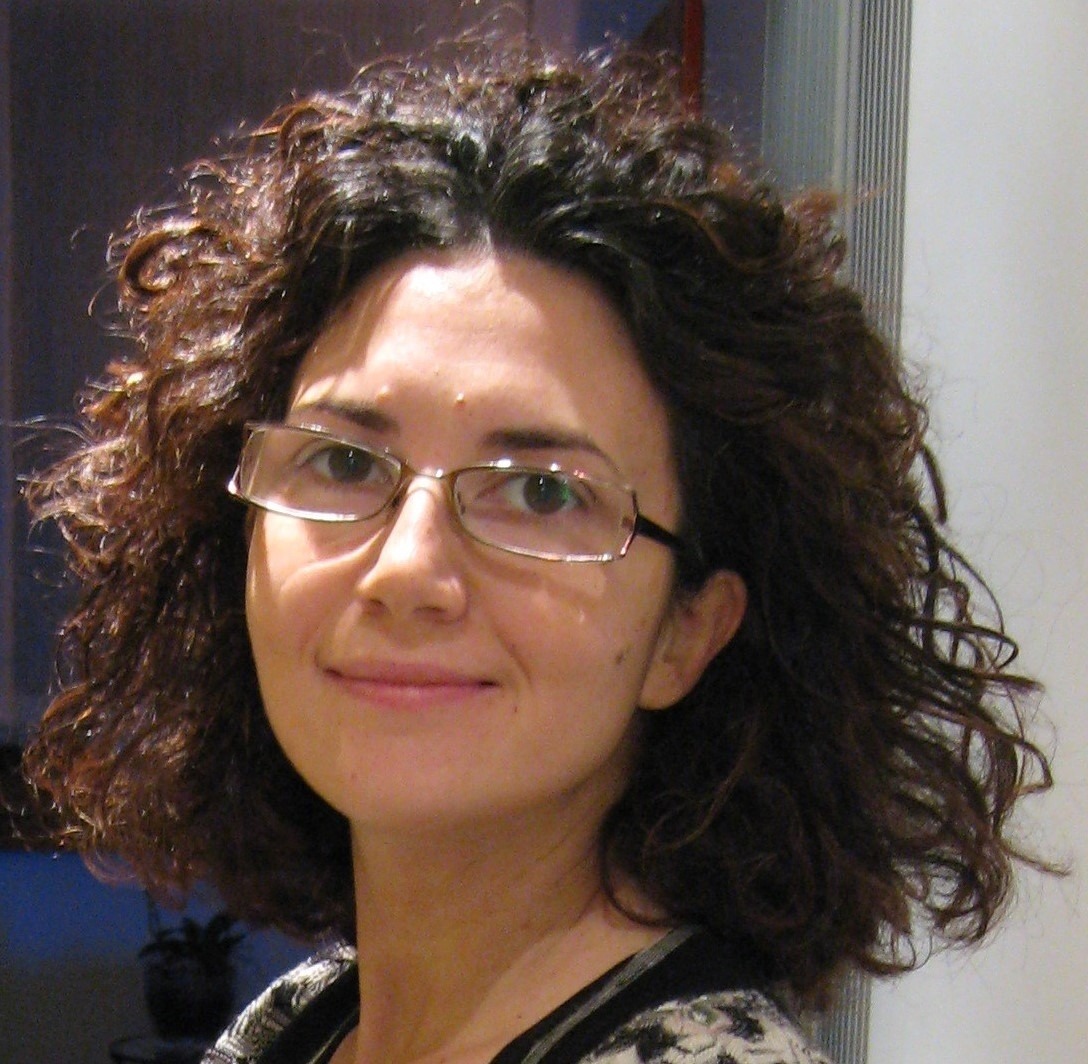
Myriam Catalano

Myriam Catalano

Valerio Chiurchiù

Valerio Chiurchiù
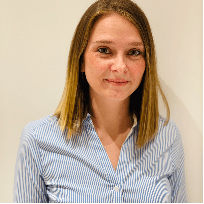
Paola Infante

Paola Infante
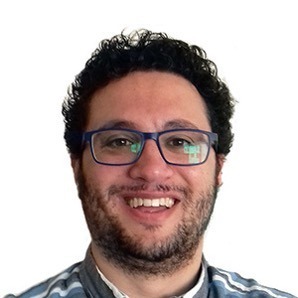
Nunzio Iraci

Nunzio Iraci

Corrado Calì
Department of Neuroscience, University of Torino, Italy • Corrado Calì is associate professor of Human Anatomy at University of Torino since February 2023. He was trained an electronic engineer at Politecnico di Torino, Italy. He completed his MSc in 2006, in the lab of Henry Markram at EPFL (Lausanne, Switzerland), where he became interested in neuroscience. In the same year he joined the lab of Paola Bezzi at UNIL (University of Lausanne, Lausanne, Switzerland), where he got his doctoral degree in 2012. His research was focused in elucidating the physiological role of astroglial cells in the modulation of synaptic transmission, by releasing neuroactive compounds (so called "gliotranmsission"). After one year as postdoctoral fellow in Graham Knott’s lab, where he enriched and deepend his skills in 3DEM techniques, he joined Pierre Magistretti’s lab in KAUST (Saudi Arabia). He investigated the mechanisms of metabolic support of astrocytes to neurons using morphological and 3D imaging approaches. In particular, his team pioneered the use of VR (virtual reality) techniques in neuroscience and explore scientific visualization approaches for explorative analysis of sparse and dense reconstructions of rodents brains from 3DEM datasets. He moved to the University of Torino (Italy) in 2020 as assistant professor, and he is currently affiliated to the Neuroscience Institute Cavalieri Ottolenghi (NICO) in Orbassano (TO). His interests for VR and AR led also to the foundation of an innovative startup, Intravides, for the use of AR as support for neurosurgery.

Myriam Catalano
PhD, Sapienza University, Rome • Myriam Catalano is Associate Professor in Physiology at Sapienza University of Rome, Italy, since 2020. She graduated in Medical Biotechnology in 2003 at Modena University, Italy. She obtained her PhD in Neurophysiology at Sapienza University of Rome, Italy in 2006, demonstrating the ability of chemokines to work as neuromodulators, in the Biophysic Lab (Head: Fabrizio Eusebi). From 2007 to 2008 she was postdoctoral fellow in the Molecular and Cellular Biology Lab (Head: Yukiko Goda) of the Medical Research Council at the University College of London where she expanded her research in the field of glutamate receptors, specifically on their expression and function at the tripartite synapse. From 2009 to 2010, as senior postdoc in the Neuroimmunology Lab (Head: Cristina Limatola) at Sapienza University in Rome she studied glioblastoma biology. From 2011 to 2020, as Researcher, at Sapienza University of Rome, Italy, she demonstrated the importance of cation channels as potential therapeutic targets for glioblastoma. In the last few years, extracellular vesicles, such as exosomes, have taken a principal role in her research, that is now focused on the understanding of the physiology of them in the context of localized or widespread neuroinflammation.

Valerio Chiurchiù
Institute of Translational Pharmacology, CNR and IRCCS Santa Lucia Foundation, Rome (Italy) • Principal Investigator and Head of the Laboratory of Resolution of Neuroinflammation. He received his PhD from the University of Rome and he pursued his postdoctoral studies in the laboratories of Dr. Luca Battistini in the field of Neuroimmunology and of Prof. Mauro Maccarrone in the field of Biochemistry. He joined as a post-doc the lab of Prof. Jacobsson at the University of Stockholm and he later received the position of Assistant Professor at Campus Bio-medico University of Rome. He is a visiting researcher in the lab of Prof. Charles Serhan in Brigham's Hospital at Harvard Medical School and is currently a Senior researcher and Group Leader at the Institute of Translational Pharmacology, CNR and IRCCS Santa Lucia Foundation in Rome. His research activity focuses on the immunomodulatory role of bioactive lipids on immune cell populations in both health and disease and on these topics he published 60 original peer-reviewed papers. Over the last years, Dr. Chiurchiù and his team focus on the novel field of "Resolution of neuroinflammation" and his studies have contributed to the discovery of the role of the newly characterized specialized pro-resolving lipid mediators in immunity and their impairment in neurodegenerative diseases. For his research he received several prestigious awards.

Paola Infante
Department of Molecular Medicine, University of Rome, La Sapienza • Paola Infante obtained her master’s degree in Medical, Molecular and Cellular Biotechnology in 2008 and her PhD in Molecular Medicine in 2012 at University of Rome, La Sapienza. She spent the next eight years, first as PostDoc and later as Researcher, at the Center for Life Nanoscience - Italian Institute of Technology (Rome). During this period she also worked at the Hubrecht Institute (Utrecht, NED) and the Columbia University of New York (USA). Since 2021 she works as Associate Professor at the Dept. of Molecular Medicine – University of Rome, La Sapienza. Her research activity is focused on the: i) study of molecular and cellular mechanisms involved in brain tumors, with a particular focus on medulloblastoma and glioblastoma development and progression; ii) identification and characterization of the molecular events involved in Hedgehog signaling regulation; iii) study of ubiquitylation-proteolysis processes in cerebellar development and tumorigenesis; iv) identification and design of novel biomolecules for the treatment of Hedgehog-dependent tumors.

Nunzio Iraci
Dept. BIOMETEC, University of Catania • Nunzio Iraci (NI) graduated with a M.Sc in Pharmaceutical Biotechnology (2005) and a Ph.D. in Cellular Biology and Physiology (2009), both from the University of Bologna, Italy. NI moved to the Dept. of Clinical Neurosciences at the University of Cambridge (UK) in 2011 where he contributed to reveal a mechanism of cell-to-cell communication by which neural stem cells may signal with the microenvironment via EVs, in the context of neurodegenerative diseases. He is currently Associate Professor of Molecular Biology at BIOMETEC, University of Catania. His research interests include in-depth characterization of EV-mediated intercellular signalling in the context of neurodegenerative disorders.

